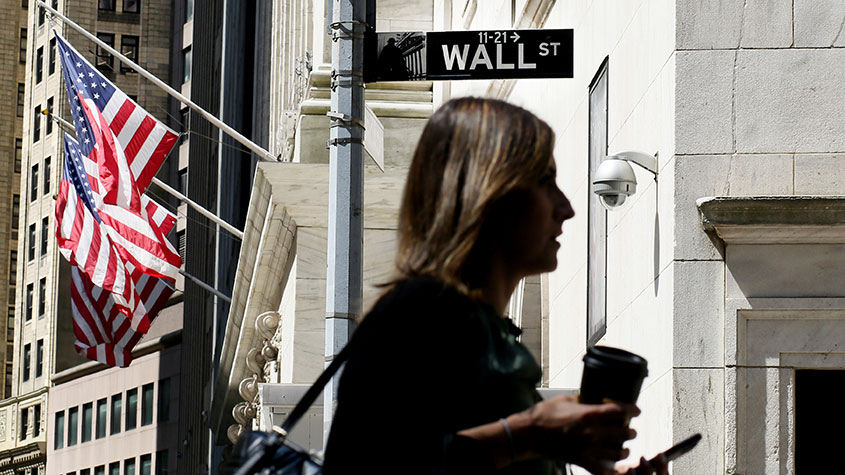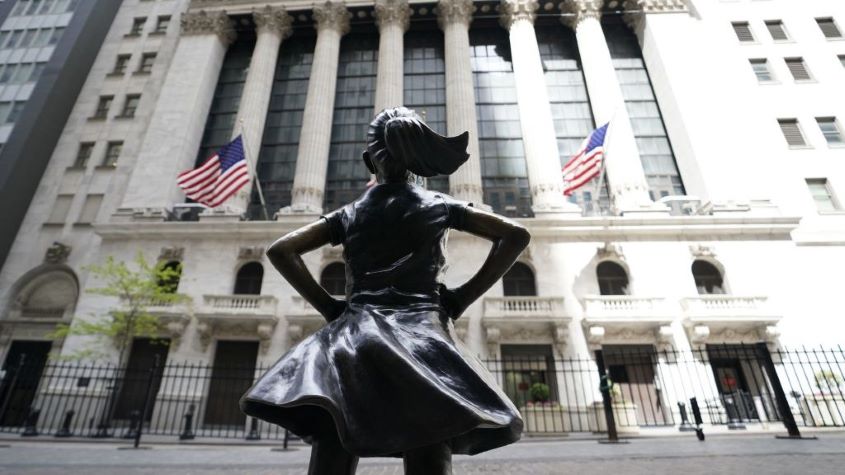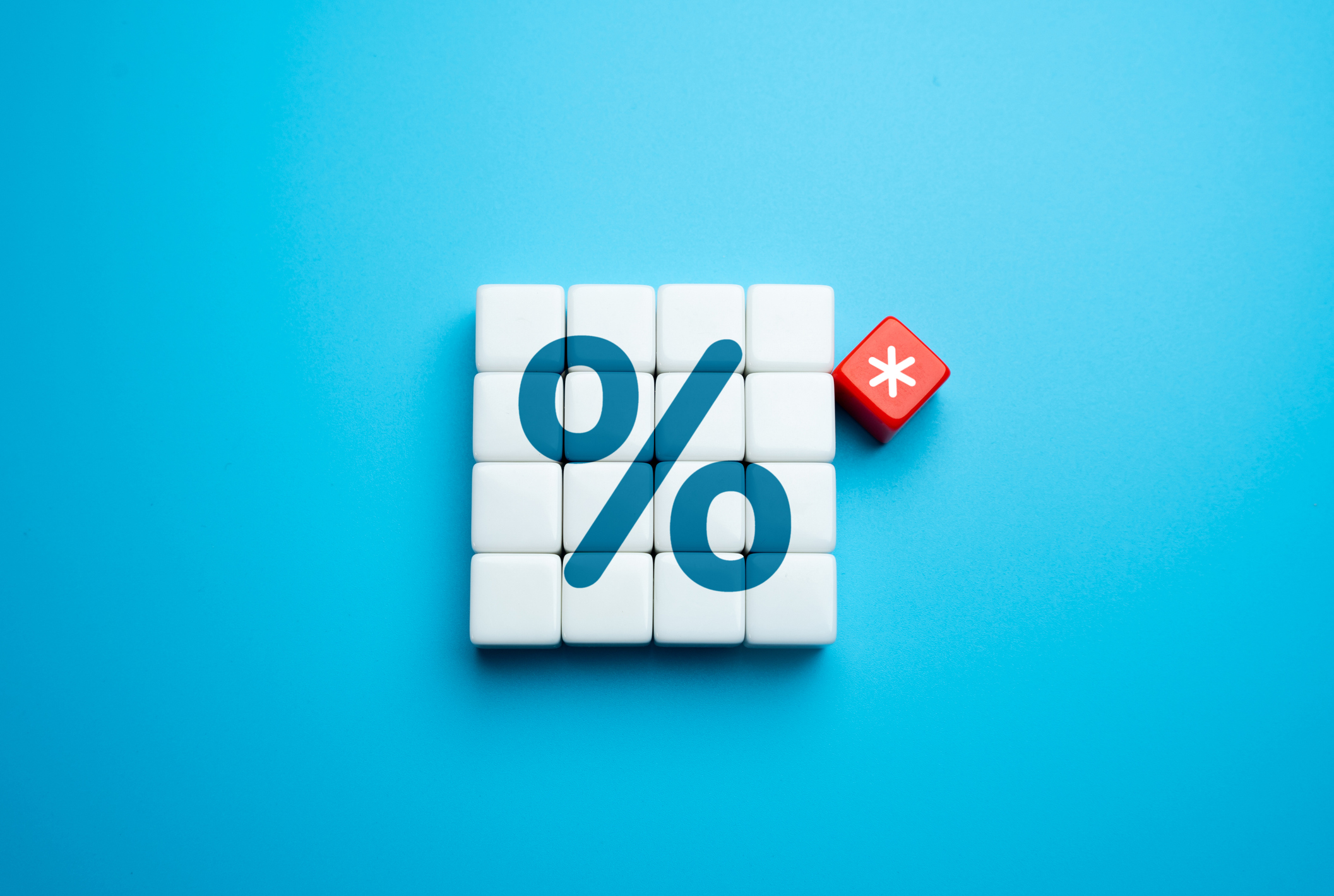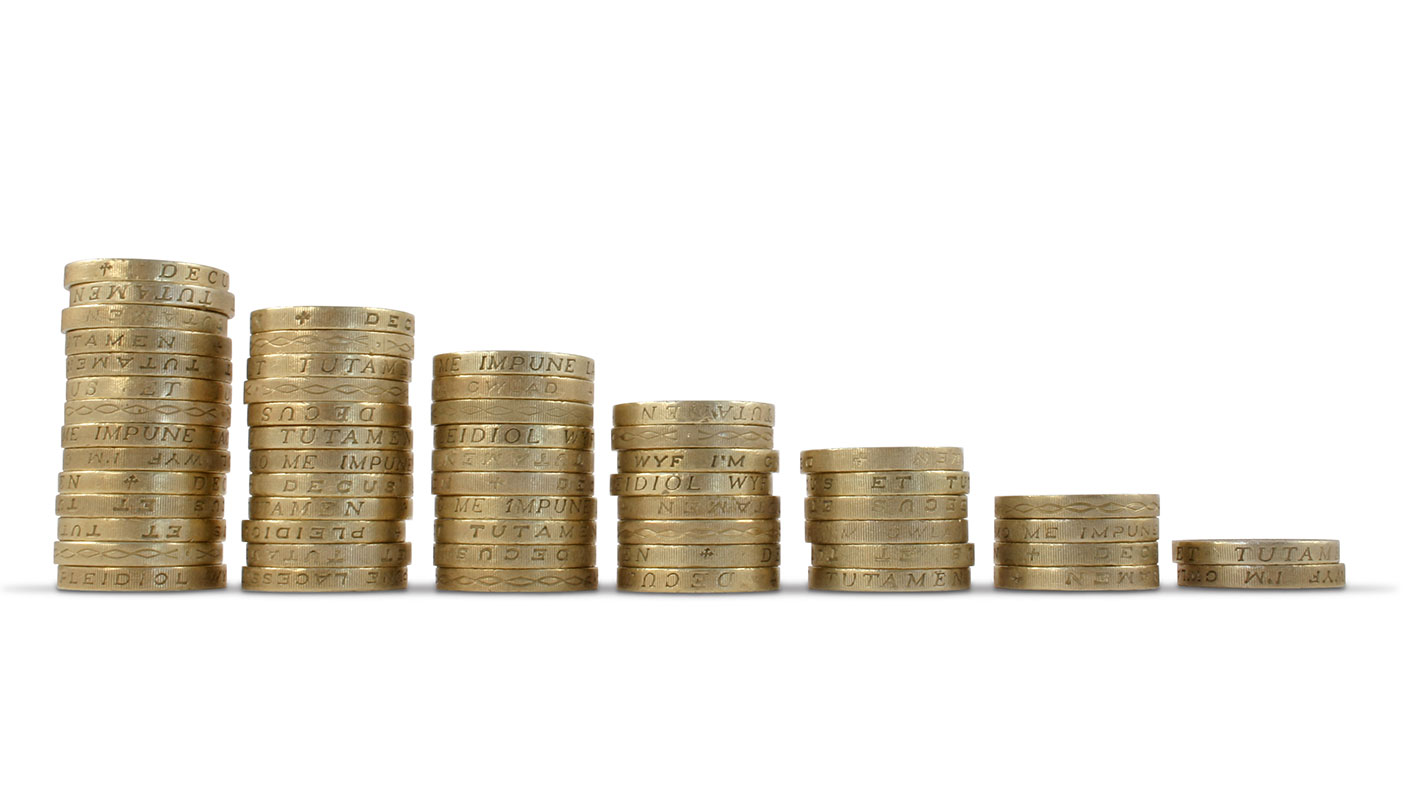
Get the latest financial news, insights and expert analysis from our award-winning MoneyWeek team, to help you understand what really matters when it comes to your finances.
You are now subscribed
Your newsletter sign-up was successful
Want to add more newsletters?

Twice daily
MoneyWeek
Get the latest financial news, insights and expert analysis from our award-winning MoneyWeek team, to help you understand what really matters when it comes to your finances.

Four times a week
Look After My Bills
Sign up to our free money-saving newsletter, filled with the latest news and expert advice to help you find the best tips and deals for managing your bills. Start saving today!
“Fear of missing out” has replaced “fear of delusional analysts” according to strategist Ed Yardeni. The rally in equity markets that started in mid-June, dismissed as a “dead cat bounce” by the numerous bears, gathered momentum in July with the MSCI All Countries World index returning 5.4% in sterling.
What makes it worse for the bears is that the parts of the market they disdain most – growth shares in general and technology related shares in particular – have led the rally.
The supposedly overvalued US market is 13% above its mid-June low, having risen 9% in July. The rally is broad based, extending to small and mid-cap stocks; investment trust discounts, which exceeded the 10% level rarely surpassed since 2009, have started to fall.
MoneyWeek
Subscribe to MoneyWeek today and get your first six magazine issues absolutely FREE

Sign up to Money Morning
Don't miss the latest investment and personal finances news, market analysis, plus money-saving tips with our free twice-daily newsletter
Don't miss the latest investment and personal finances news, market analysis, plus money-saving tips with our free twice-daily newsletter
Where do we go from here?
The best answer is the proverbial Irish one: “if I were you, I wouldn’t start from here.” The bears believe that this is the calm before a second storm in which markets, especially the US, will plunge to new lows. The bulls think that markets will look through the bad news to better times ahead.
Yardeni points out that valuation multiples for the S&P 500 have rebounded from 15.3 times forward earnings in mid-June to a current 17.2, assisted by a fall in the yield on ten year Treasury bonds from 3.5% to 2.7%. Analysts are shaving their earnings forecasts, though second-quarter earnings have comfortably exceeded expectations.
After two quarters of negative growth, the US economy is in technical recession, though Yardeni expects it to be short and shallow. Meanwhile, rising markets have made investors less pessimistic about the outlook, which removes the contrarian “buy” signal.
The bearish argument is that inflation is embedded in the global economy, that interest rates will have to rise much further than expected, causing a deep recession which will result in a sharp fall in corporate earnings. Bond investors are far too complacent about inflation and the market-implied rate in the US over the next ten years – the 2.3% gap between yields on conventional and inflation-indexed bonds – is far too low.
In the UK, Bank of England governor Andrew Bailey warns of a long recession lasting five quarters, starting in the last quarter of 2022, with the economy shrinking more than 2%. Household post-tax income is forecast to fall by 5% as inflation reaches 13% by the end of this year and stays at “very elevated levels” throughout 2023.
The consensus forecast is for economic growth of 1.3% in the US and 1.7% in the eurozone but, presumably, the Bank of England doesn’t believe these. There have been dire warnings about the economic consequences of further cuts in Russian gas supplies to Europe this winter and fears of a euro crisis have resurfaced but European and British businesses should benefit from a strong dollar. The consensus forecast for the US looks, if anything, too low.
Things might not be so bad
The Monetary Policy Committee is more nuanced, saying that uncertainty around the outlook is exceptionally high and that a fall in energy prices could result in a more mild recession. A more critical response to the Bank of England would be that its forecasts have been even worse than those of SAGE during the pandemic; certainly, there are question marks over its latest forecast.
Why the UK economy should perform so much worse than the US or Europe is not clear. The oil price has fallen to $89 a barrel for West Texas and $94 for Brent crude, probably due to a combination of sanctions against Russia not working, extra output from elsewhere and weaker demand. Gasoline prices in the US have fallen by 17%, according to Yardeni, from a peak of $5.02 a gallon and natural gas prices will surely follow. Lower petrol and gas prices will certainly help disposable income.
The tax cuts promised by Liz Truss as prime minister will also support household income in the UK as is the continuing high level of employment. If the Bank of England was intending to raise interest rates to the levels that would cause a recession, it would surely have already raised them beyond 1.75% by now. The Bank of England’s forecast of a lengthy UK recession is implausible.
In any case, any under-performance of the UK economy relative to other developed countries would have negligible implications for global stockmarkets. The bearish argument for these is that corporate earnings will fall precipitously and stay down. The bull argument is that any fall will be modest and that investors, as usual, will look through it to subsequent recovery.
That has been evident in the market’s response to poor quarterly numbers from Netflix, Meta and Alphabet, whose share prices have risen despite poor numbers as an increased focus on profits and cash flow has become apparent.
The world will muddle through
To the surprise of the bears, the market has also responded well to higher interest rates. Investors have cheered the commitment of central banks to fight inflation, especially in the US where the Federal Reserve has been much more determined than the Bank of England. The market, it seems, was not being propped up by ultra-low interest rates after all.
It is also notable that the market rally and coincident fall in commodity prices has coincided with Ukraine gaining the upper hand against Russia. The common assumption that the war and its implications for the supply and prices of commodities such as metals, oil, gas and food will be never-ending may prove misplaced.
Inflation may be a persistent problem in the UK (though the Bank of England’s restated commitment to a 2% rate in two years is encouraging) but pressures in the US are more clearly abating. Maybe the onset of winter in Europe and the UK will not be the disaster universally predicted. Maybe complacent companies will continue to be galvanised into innovation, focusing their businesses and defending profits and cash flow. There is scope for positive surprises as well as negative ones.
The most likely outcome to the myriad worries is that economic and geopolitical Armageddon will be avoided and the world will continue to muddle through. Those who missed the market lows in mid-June will not get a second chance but that is not a reason to rush in now. The upward path is likely to be erratic and punctuated by setbacks.
The problem for would-be buyers is that there are plenty of other investors waiting to buy. It is better to jump in early at the risk of some short term downside than to wait on the sidelines waiting for the mythical perfect opportunity.
Get the latest financial news, insights and expert analysis from our award-winning MoneyWeek team, to help you understand what really matters when it comes to your finances.

Max has an Economics degree from the University of Cambridge and is a chartered accountant. He worked at Investec Asset Management for 12 years, managing multi-asset funds investing in internally and externally managed funds, including investment trusts. This included a fund of investment trusts which grew to £120m+. Max has managed ten investment trusts (winning many awards) and sat on the boards of three trusts – two directorships are still active.
After 39 years in financial services, including 30 as a professional fund manager, Max took semi-retirement in 2017. Max has been a MoneyWeek columnist since 2016 writing about investment funds and more generally on markets online, plus occasional opinion pieces. He also writes for the Investment Trust Handbook each year and has contributed to The Daily Telegraph and other publications. See here for details of current investments held by Max.
-
 Should you buy an active ETF?
Should you buy an active ETF?ETFs are often mischaracterised as passive products, but they can be a convenient way to add active management to your portfolio
-
 Power up your pension before 5 April – easy ways to save before the tax year end
Power up your pension before 5 April – easy ways to save before the tax year endWith the end of the tax year looming, pension savers currently have a window to review and maximise what’s going into their retirement funds – we look at how
-
 What is Vix – the fear index?
What is Vix – the fear index?What is Vix? We explain how the fear index could guide your investment decisions.
-
 The outlook for stocks is improving
The outlook for stocks is improvingThis is the best of times for investors, says Max King. Global risks are receding, but few have noticed.
-
 The building blocks for an income strategy: resilience, growth and diversification
The building blocks for an income strategy: resilience, growth and diversificationAdvertisement Feature Iain Pyle, Investment Manager, Shires Income plc
-
 Investment platforms offering measly interest rates on cash holdings – is your cash working hard enough?
Investment platforms offering measly interest rates on cash holdings – is your cash working hard enough?The interest rate on cash you hold within an investment account can be as low as 0.75%. We look at the worst cash rates on the market, and what you should do with your cash instead.
-
 Rethinking ESG investing
Rethinking ESG investingAnalysis Sustainable ESG funds are coming under attack for a lack of focus. Investors need to be selective
-
 Can a woman deliver you better returns?
Can a woman deliver you better returns?Tips Women often make better stock pickers than men, delivering stronger returns for investors - but with fewer females managing funds, how can you make sure you take advantage of the feminist touch when picking funds? Kalpana Fitzpatrick on how to filter funds run by women and why it matters.
-
 Flat fees vs percentage fees - are you paying too much for your investments?
Flat fees vs percentage fees - are you paying too much for your investments?We investigate whether it’s better to choose an investment platform with flat fees, or whether percentage charges could work out cheaper.
-
 What is a dividend yield?
What is a dividend yield?Videos Learn what a dividend yield is and what it can tell investors about a company's plans to return profits to its investors.
